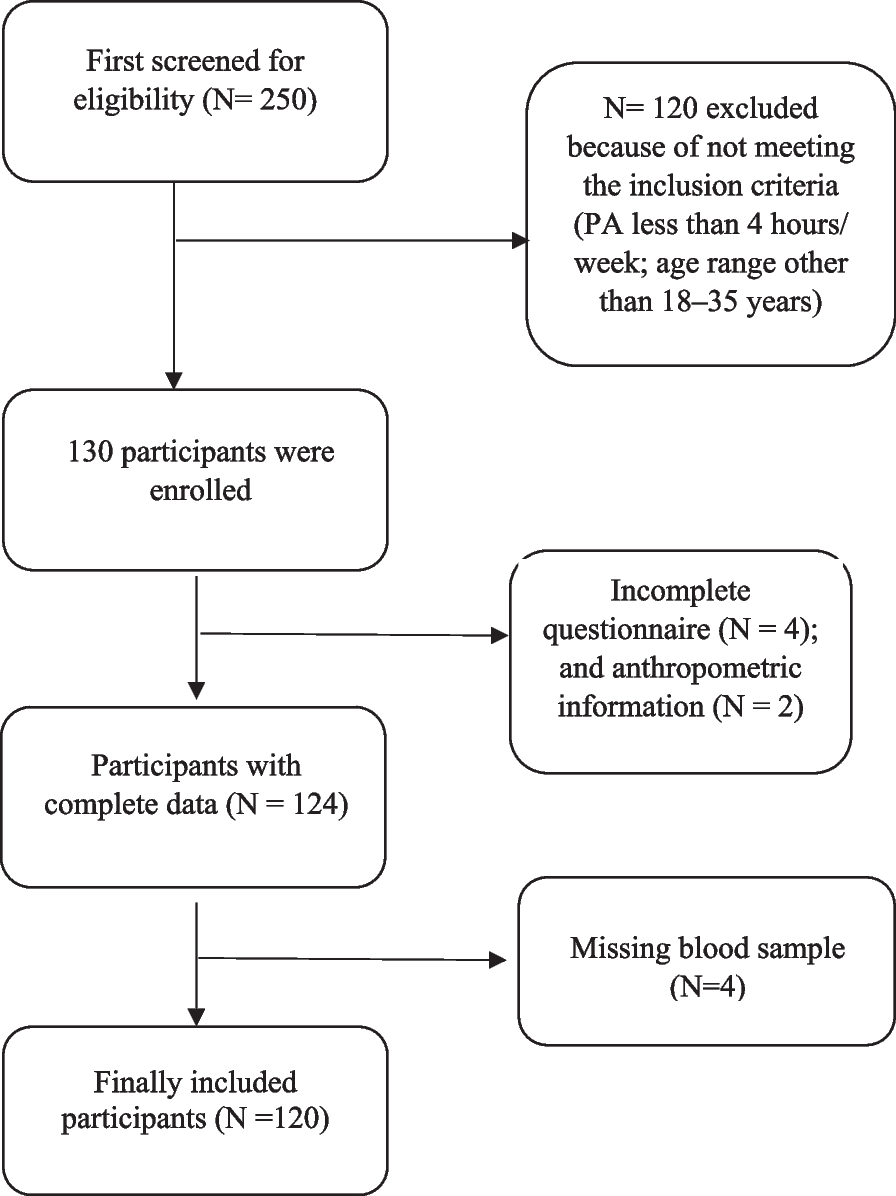AlphaCog
Member
- Joined
- Jan 28, 2014
- Messages
- 98
Abstract
There is an urgent need to identify modifiable environmental risk factors that reduce the incidence of Alzheimer's disease (AD). The B-like vitamin choline plays key roles in body- and brain-related functions. Choline produced endogenously by the phosphatidylethanolamine N-methyltransferase protein in the liver is not sufficient for adequate physiological functions, necessitating daily dietary intake. ~90% of Americans do not reach the recommended daily intake of dietary choline. Thus, it's imperative to determine whether dietary choline deficiency increases disease outcomes. Here, we placed 3xTg-AD, a model of AD, and non-transgenic (NonTg) control mice on either a standard laboratory diet with sufficient choline (ChN; 2.0 g/kg choline bitartrate) or a choline-deficient diet (Ch-; 0.0 g/kg choline bitartrate) from 3 to 12 (early to late adulthood) months of age. A Ch- diet reduced blood plasma choline levels, increased weight, and impaired both motor function and glucose metabolism in NonTg mice, with 3xTg-AD mice showing greater deficits. Tissue analyses showed cardiac and liver pathology, elevated soluble and insoluble Amyloid-β and Thioflavin S structures, and tau hyperphosphorylation at various pathological epitopes in the hippocampus and cortex of 3xTg-AD Ch- mice. To gain mechanistic insight, we performed unbiased proteomics of hippocampal and blood plasma samples. Dietary choline deficiency altered hippocampal networks associated with microtubule function and postsynaptic membrane regulation. In plasma, dietary choline deficiency altered protein networks associated with insulin metabolism, mitochondrial function, inflammation, and fructose metabolic processing. Our data highlight that dietary choline intake is necessary to prevent systems-wide organ pathology and reduce hallmark AD pathologies.
Last edited:

